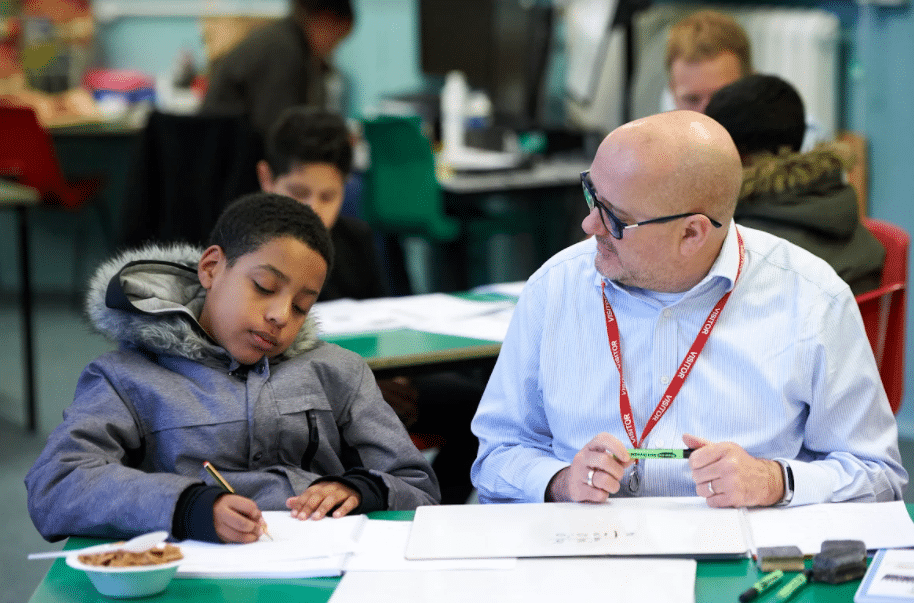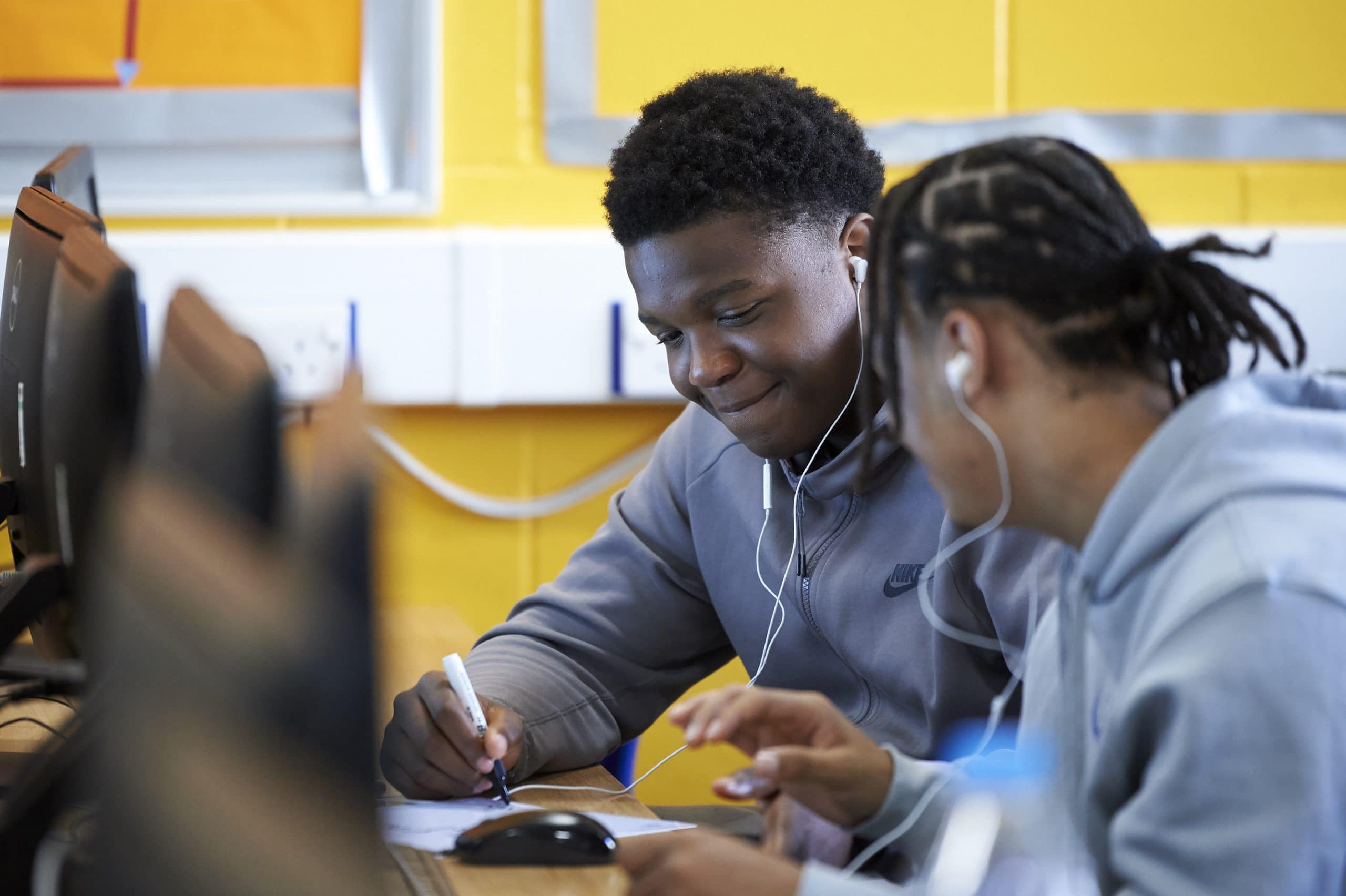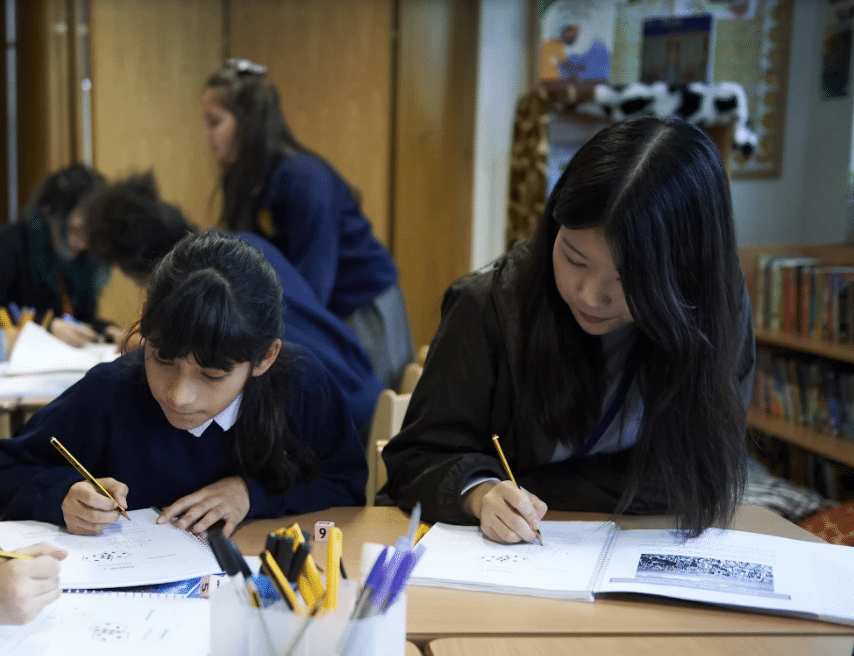How tutors can support pupils with dyslexia
One in ten children are diagnosed with dyslexia, a common learning difficulty that mainly causes problems with reading, writing and spelling.
Although children with dyslexia require additional personalised academic support, small adjustments to day-to-day practice can have a great impact on dyslexic pupils’ performance.
Knowing how to better interact, communicate and help dyslexic pupils is an important step to creating an inclusive classroom that promotes a healthier, safer learning environment for all children.
What exactly is dyslexia?
In the UK, children are primarily taught to read through phonics, which teaches
them to link sounds and letters. Experiencing difficulty in accurate and fluent word reading and spelling is the most visible symptom of dyslexia. However, a dyslexic pupil’s brain functions differently and they may not make the same connections between sounds and letters.
Pupils with dyslexia often try to recognise and memorise each word individually, rather than using phonics to decode them. They can experience visual stress and feel overwhelmed by bright colours and some fonts. This exposure can make pupils feel more stressed and lead to loss of comprehension.
How can tutors support pupils with dyslexia?
It’s important to keep in mind that dyslexic pupils are not less able or less intelligent. As dyslexia is often misunderstood or misdiagnosed, it should be clear that it does not affect intelligence or self-motivation.

Be patient
As a general rule, keep in mind that dyslexic pupils need more time to process information and it’s best for them to do so at their own pace. This means that as a tutor, you should never insist that a dyslexic pupil reads out loud if you see them struggling, as they can be more self-conscious about their reading abilities.

Be encouraging
Dyslexic students will have emotional reactions to their learning difficulties, such as embarrassment for reading at a slow pace, lack of confidence due to misspelling words, confusion at not processing the information as quickly, and anger at not keeping up with their peers.
These feelings can create additional obstacles to their learning progress, so as a tutor it is important to always encourage and praise them for their work. This will help them feel emotionally safe during sessions and give them the confidence boost they need in order to show you their skills and talents! Dyslexic pupils can be artistic, athletic, and have excellent problem-solving and reasoning skills.

Don’t be scared to take breaks
Brain breaks are an important part of the tutoring session, because they give pupils the opportunity to focus better and be more productive. It’s a great way to reduce stress and frustration when they are unable to concentrate, engage or retain the information provided.

Cultivate the spirit of independent learning
As a tutor, it is essential to not only pass on knowledge, but to encourage pupils to enjoy the subject you’re tutoring. This will ignite their curiosity and motivate them to study independently. Dyslexic pupils might struggle to study on their own, but as a tutor you can help them with this by encouraging independence with the use of diaries, post-it notes and checklists.
What does Action Tutoring do to support pupils with dyslexia?
Our Training and Curriculum team has worked hard to create resources and further training for volunteer tutors to use. Tutors who join our volunteering group can access a series of online short courses called Bright Ideas.
One of them is Dyslexia and provides an overview of what Dyslexia is and suggests some strategies that tutors can use. The strategies are largely focused on how to tutor English, but some of them (for example, supporting pupils who struggle with working memory) will also be applicable to maths tutoring.
Read more: Nervous about your first tutoring session? These tips will help!
If you are part of our volunteering team, our amazing Programme Coordinators are always here to support our volunteer tutors in case they need further support.
By better understanding how dyslexic pupils think and behave, we are better prepared to offer them a more personalised learning experience. All pupils can succeed academically with the right combination of support and nurturing environment.
Volunteering with us can help you learn how to better interact with pupils and give you access to resources that can improve your communication and tutoring skills.
We’d love to hear from you!



